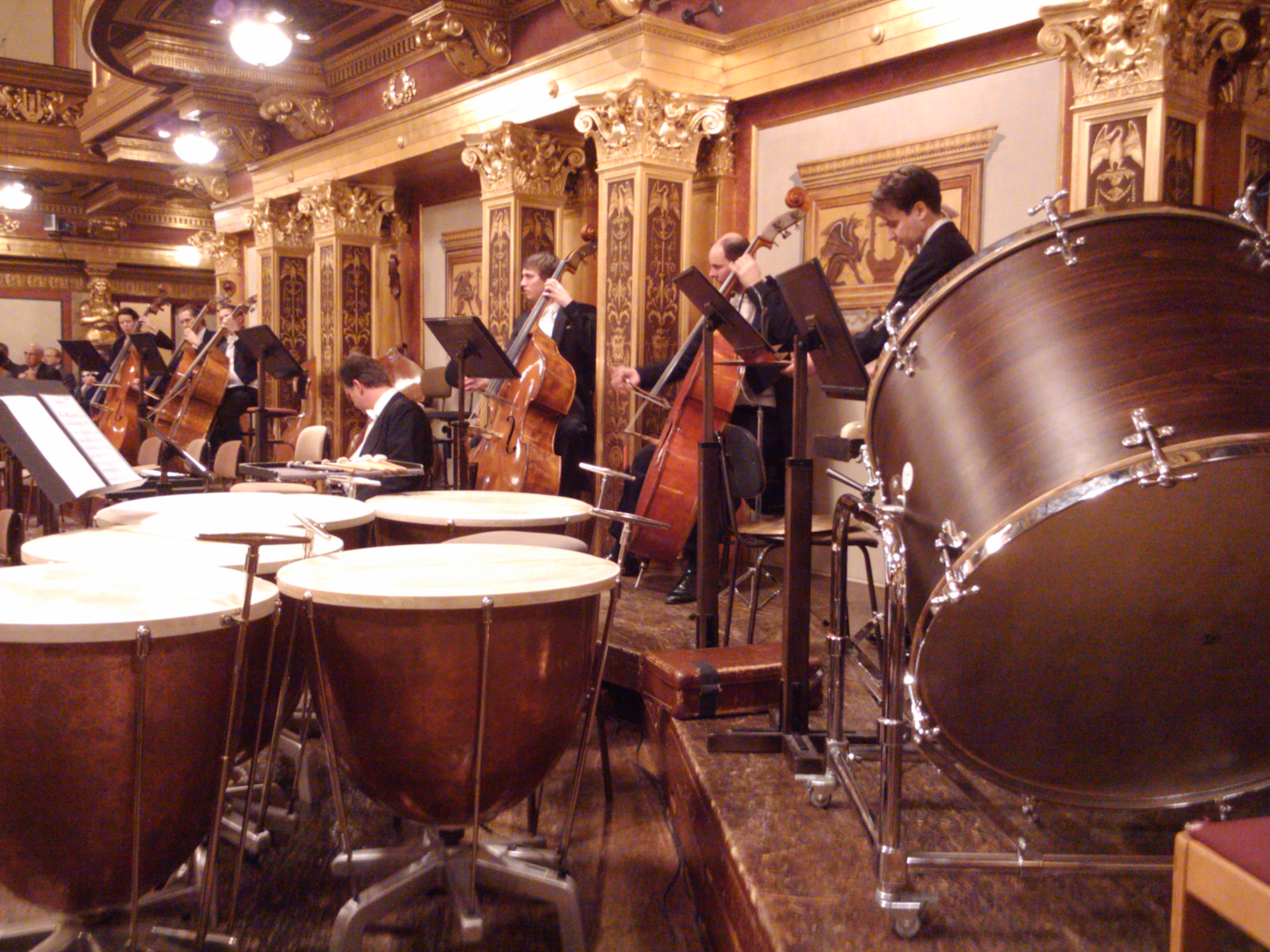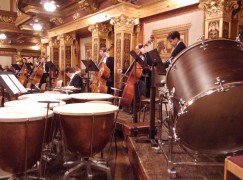Vienna Philharmonic founds two-year Academy
mainThe orchestra has announced a plan to train young musicians in its particular style.
Watch video here.


The orchestra has announced a plan to train young musicians in its particular style.
Watch video here.

We have been notified of the passing on…

The German label Dabringhaus und Grimm has ordered…

It is no secret that, for the past…

We are hearing from disappointed concertgoers who booked…

Session expired
Please log in again. The login page will open in a new tab. After logging in you can close it and return to this page.
Comments